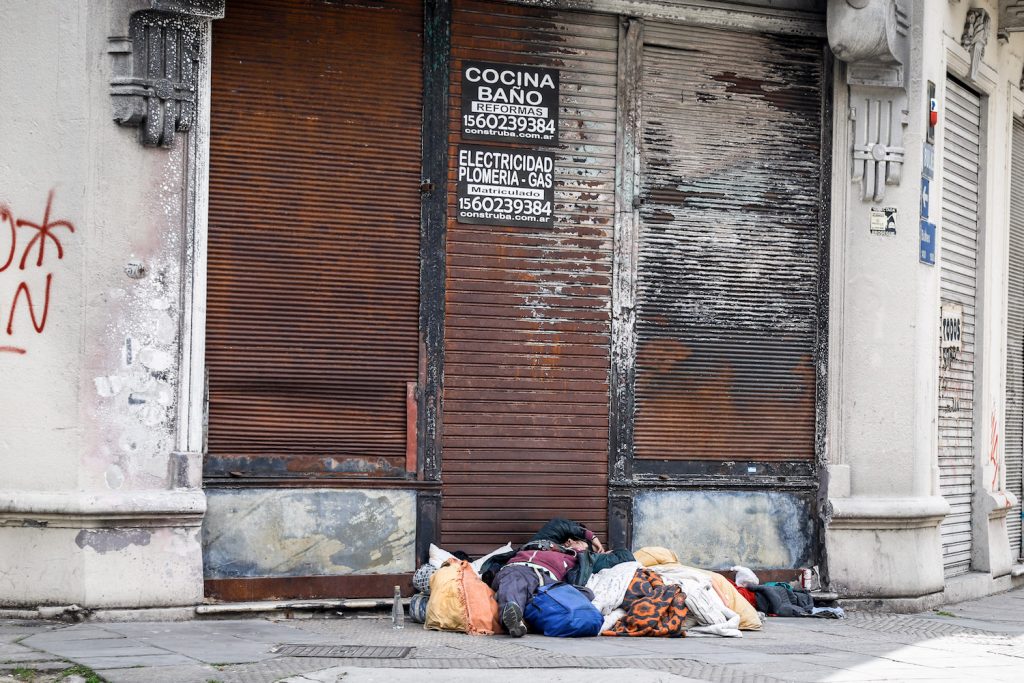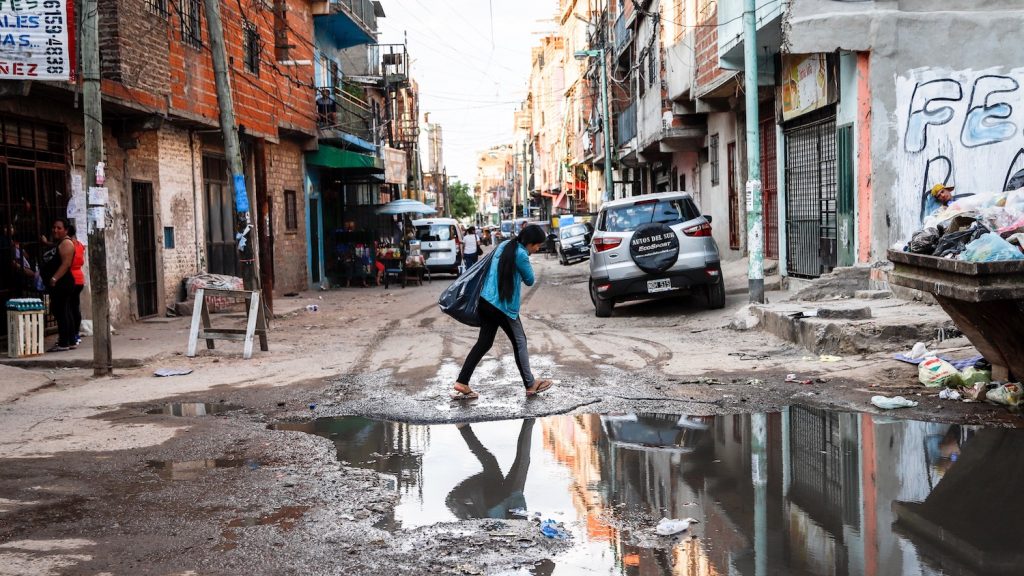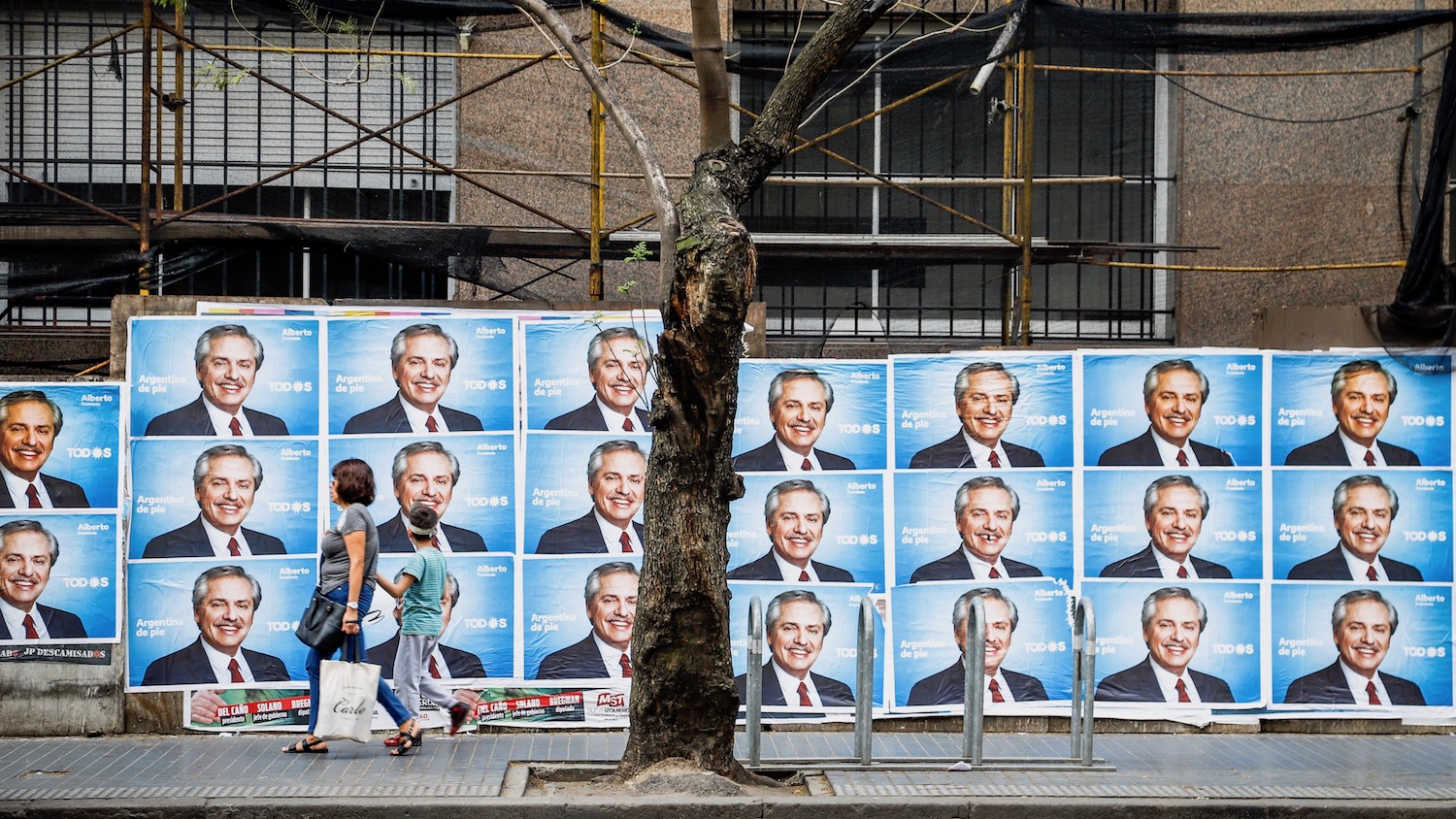Today, 33.8 million people in Argentina had the opportunity to vote in the general elections to elect the president and vice president, 130 representatives to the Chamber of Deputies, and 24 senators.
These elections are extremely important for Argentina and the continent. The two front runners in the presidential race represent the two prominent political tendencies in the region: the hard-line right wing neoliberal, pro-IMF, pro-US, and anti-Venezuela tendency represented by current president Mauricio Macri running for the Juntos por el Cambio (Together for Change) coalition, versus the progressive, pro-people, pro-Latin American integration tendency represented by Alberto Fernández and Cristina Fernández de Kirchner of the Frente de Todos (The Front for All) coalition.
During the primary elections held on August 11, also known as the primary, open, simultaneous and mandatory (PASO), the Fernández-Fernández ticket took first place after scoring 47.22% of the votes, while Macri came in second place with 32.36% of the votes. The drastic 15% difference was a clear indication of the growing resentment among the masses in Argentina of the government of Macri and his oppressive policies.
Exit polls have confirmed that this tendency will withhold in these elections. If the front runner in today’s presidential race wins more than 45% of the votes or more than 40% and with a difference of more than 10%, they will emerge victorious with no need for a second round.
The economic crisis facing Argentina has been a central factor throughout these elections. Since Macri took office the Argentine peso suffered 566% devaluation and his administration has waged a systematic attack at the public sector, cutting ministries, thousands of jobs, and cutting key social programs which keep thousands out of extreme poverty. The result has been widespread misery and economic distress. For example, according to a report conducted by social organizations in Buenos Aires in April, 7,251 people are experiencing homelessness, out of which 5,412 people live and sleep in the outdoors, 870 are children and 1,600 people are living on the streets for the first time. Organizations recorded a 23% increase in the last two years of people living on the streets in the city.

As explained by Argentine economist Emiliano López following the PASO elections, Argentina’s “financial vulnerability is then expressed in the increase in food prices in our country, in the [price] increase of public services in our country. It is also expressed in the destruction of the industrial sector, in favoring financial profit, jobs are lost every day. Everyday unemployment grows, and alongside it poverty and hunger also grows everyday. In these conditions it is expected that the people’s forces in Argentina will attempt to make a relatively stable transition without heavy costs for the working class of Argentina. This is a challenge because this government is decided that the cost of its political and economic disaster should be paid by the working class in this country.”

Macri’s term was also marked by an increase in militarization and repression of social protest. The forced disappearance and assassination of Santiago Maldonado and the point-blank execution of Mapuche activist Rafael Nahuel, as well as the constant police attacks on protests were widely denounced by broad sectors of Argentine society and were a reminder to many of Argentina’s bloody past under military dictatorship.
Today, Argentina will likely serve as a clear indicator that the progressive cycle in Latin America and the Caribbean is not over and that the people of the region staunchly reject the pro-imperialist, pro-neoliberal, patriarchal, xenophobic, racist, homophobic right-wing politics represented by figures like Macri.





